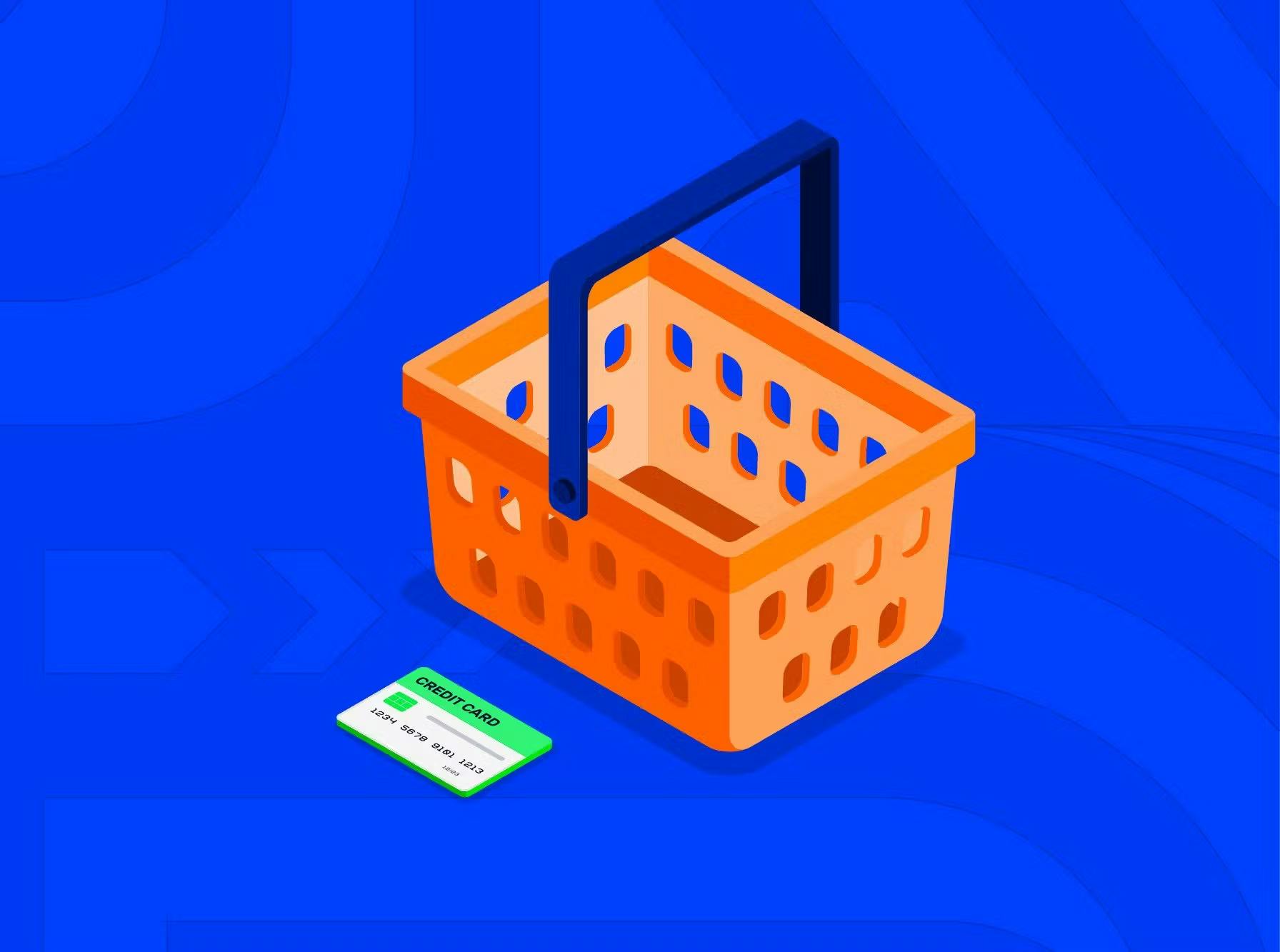Choosing the right payment aggregator is crucial for any business looking to optimize its payment processes and increase conversion rates. Payment aggregators offer a streamlined way to manage multiple payment methods, including Visa and MasterCard, facilitating online payment transactions securely and efficiently.
This article will guide you through the pros and cons of payment aggregators, how they differ from other payment systems, and how to select the best one for high-risk businesses such as casinos.


 Most Popular Payment Methods in the World: Analysis by Markets
Most Popular Payment Methods in the World: Analysis by Markets How to Increase Conversions in an Online Store with a Checkout Page
How to Increase Conversions in an Online Store with a Checkout Page How Tranzzo Simplified the Payment Process for Tickets.ua
How Tranzzo Simplified the Payment Process for Tickets.ua Integrating Multiple Payment Methods: Challenges and Solutions
Integrating Multiple Payment Methods: Challenges and Solutions Abandoned Shopping Carts: Why Businesses Lose Revenue and How to Increase the Number of Successful Payments
Abandoned Shopping Carts: Why Businesses Lose Revenue and How to Increase the Number of Successful Payments

